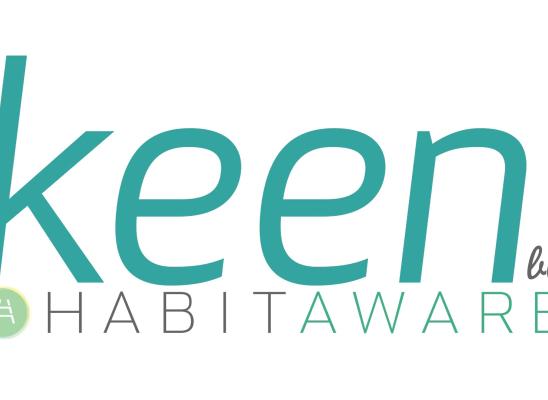Trichotillomania: Tips for Health Professionals
Online test
Find out the severity of your symptoms with this free online test
 As a health professional working with body-focussed repetitive behaviour (BFRB) such as excoriation (skin picking) disorder, the most important interaction I have with a client is the very first time they describe their experience of the disorder and how it impacts on their lives. I recognize this as a moment of real vulnerability as the individual opens themselves up to the possibility of judgement, often speaking about their behaviours for the first time. As health professionals this is great power bestowed upon us, but as the saying goes - with great power comes great responsibility! It is important that we appreciate the trust the client has placed in us.
As a health professional working with body-focussed repetitive behaviour (BFRB) such as excoriation (skin picking) disorder, the most important interaction I have with a client is the very first time they describe their experience of the disorder and how it impacts on their lives. I recognize this as a moment of real vulnerability as the individual opens themselves up to the possibility of judgement, often speaking about their behaviours for the first time. As health professionals this is great power bestowed upon us, but as the saying goes - with great power comes great responsibility! It is important that we appreciate the trust the client has placed in us.
Don’t just hear… Listen!
As health professionals we are often labelled experts in a field. However we should always remember that there is no better expert than the person challenged by trichotillomania themselves. When the client tells us about their behaviours it is important that we listen without judgement and really listen to the anxiety, shame and guilt that often accompanies this hair pulling disorder. We need to reassure the client that what they are experiencing in not uncommon and that they are not alone.

Educate Yourself
It is unfortunately a sad reality that BFRBs are relatively unknown in the medical fraternity. Awareness has recently increased, largely due to the awareness raising efforts of organizations such as the Trichotillomania Learning Centre (TLC) and the Canadian BFRB Support Network (CBSN), however the onus is on us as health professionals to learn more about these conditions and upskill ourselves to better serve this predominantly undiagnosed community. It is often reported that individuals have their descriptions of hair pulling behaviours dismissed when expressing their concern to a health professional. This means that there are many undiagnosed cases of trichotillomania which means that these individuals miss out on access and information about much needed treatment and support
From the words of a trichster
One blogger shared a list of tips from her personal experience with trichotillomania that she would like health professionals to know. This list reflects many of the sentiments noted above:
- Do your research – read the wikipedia page to start with!
- Know that if the person has told you about their TTM, they must trust you! Do not react with disgust or shock. Instead ask them how it felt to tell you and reassure them you will listen and be non-judgemental.
- Keep in mind the individual will be ashamed and/or embarrassed.
- Don’t ask them to show you their bald patches as this is embarrassing. (Unless they offer to show you!)
- Reassure them that it is a common problem, lots of people do it and it’s not their fault. Remind them it may even be a genetic problem.
- Encourage them to talk about their anxiety & coping mechanisms.
- Gather them some information or encourage them to read about TTM on the internet. (Knowledge is power!)
In the comments to this post, another trichster added that she would like to add patience and encouragement to the list. Shame and guilt are already inherently part of having trichotillomania, so the last thing a person with trich needs from a therapist or doctor is disappointment. The therapy process is not about you and your skills as a professional, it is about the client and their needs. When we keep this in focus we are much better equipped to be the support they need. For more information on trichotillomania, this website has some informative articles. But to truly understand your clients, read through the personal blogs and watch the YouTube vlogs of those active in the BFRB community and start to gain empathy around this intensely personal condition.
Online test
Find out the severity of your symptoms with this free online test
Start your journey with TrichStop
Take control of your life and find freedom from hair pulling through professional therapy and evidence-based behavioral techniques.
Start Now



